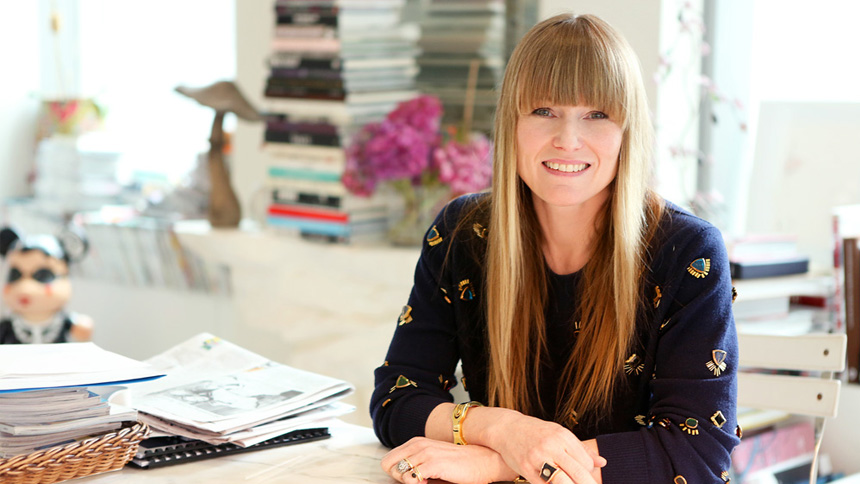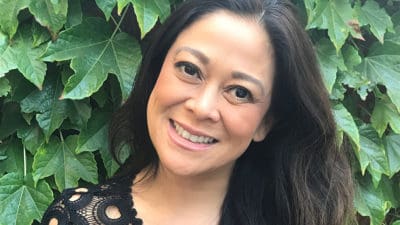You’re up on the latest digital trends from content management platforms to social media strategy. You have a solid background as a story-teller, pitching, writing and editing, along with an arsenal of talented freelancers tucked in your back pocket. And, you can efficiently deliver big projects to clients on deadline.
If this communications guru sounds like you, consider taking your next career step into the growing field of content consulting.
Also on Mediabistro


We sat down with Diana Charkalis, a Los Angeles-based content consultant, who got her reporting and editing chops at newspapers like USA Today and LA Daily News and then moved into the digital realm, producing content and managing editorial teams for sites like Warner Bros.’s Momlogic, Disney, Babble, and eHow.
Now Charkalis is working as a content consultant, using skills from her journalism and digital content backgrounds to consult for big brands like Fandango and Brit + Co.
What exactly does a content consultant do?
A content consultant is hired by companies to come in and elevate their brand, creating messaging that connects the client with their audience.
“There is so much content and noise out there, and you have to think how do you make your content rise above the rest and get seen,” says Charkalis.
A content consultant also helps with content marketing and editorial strategy, organizing a brand’s content by creating editorial and social media calendars, along with style guidelines so a company can communicate their message.
If content providers like journalists, photographers, bloggers and vloggers are needed for story creation, a content consultant will create a virtual newsroom of freelance contributors to help with influencing the client’s audience. Another aspect of Charkalis’ job is content strategy—developing online experiences that involve collaborating with other teams throughout the company.
What skills does a content consultant need?
Communication skills are a must, as a content consultant will be working with an array of departments such as editorial, marketing, the product team, the creative team, analytics, engineering and ad sales.
“You need to have an in-depth understanding of each discipline’s role in the process—who to go to,” says Charkalis. “You are coming in from the outside, so coming in you must have a working knowledge of how things work, so you can assimilate and get the work done.”
As far as technical skills are concerned, you must have experience with platforms for digital publishing, content management and social media.
An understanding of data analysis, along with tools like Google Analytics and Omniture, is also a must in order to track content performance. This way you can troubleshoot and fine-tune messaging.
“And, of course, you have to have your wordsmith skills—a star at writing, reporting and editing,” she says.
If all that wasn’t enough, being skilled at content creation, brainstorming, pitching and presenting ideas is essential too.
Who does a content consultant report to?
Depending on the company, the content consultant’s primary point person is usually the head of content or head of marketing. However, they also interact with people across different departments while working on projects.
“It involves a lot of networking and making sure people feel comfortable with you, and giving them a sense that you are there to help them,” she says.
How can someone become a content consultant?
Before entering the consulting world, spend time in the field and make your way up the ranks in the marketing or editorial industry.
“For the jobs I’ve done, I would usually say what companies are looking for is someone with 8 to 10 years of experience in content, editorial, marketing, content strategy or journalism — a mix of that,” says Charkalis.
It is truly a hybrid role.
What tips do you have for excelling in this position?
Staying on top of the latest editorial and marketing trends is important to succeed as a content consultant.
“It’s all about evolution. You need to keep learning all the time,” she says. “The landscape is constantly changing, and you have to grow with it and be up on the latest technology and whatever the newest platform might be.
I’m in a lot of LinkedIn groups that are journalism-based and marketing-based to see what everyone is talking about. It’s really fun, and it’s a constant evolution.”





